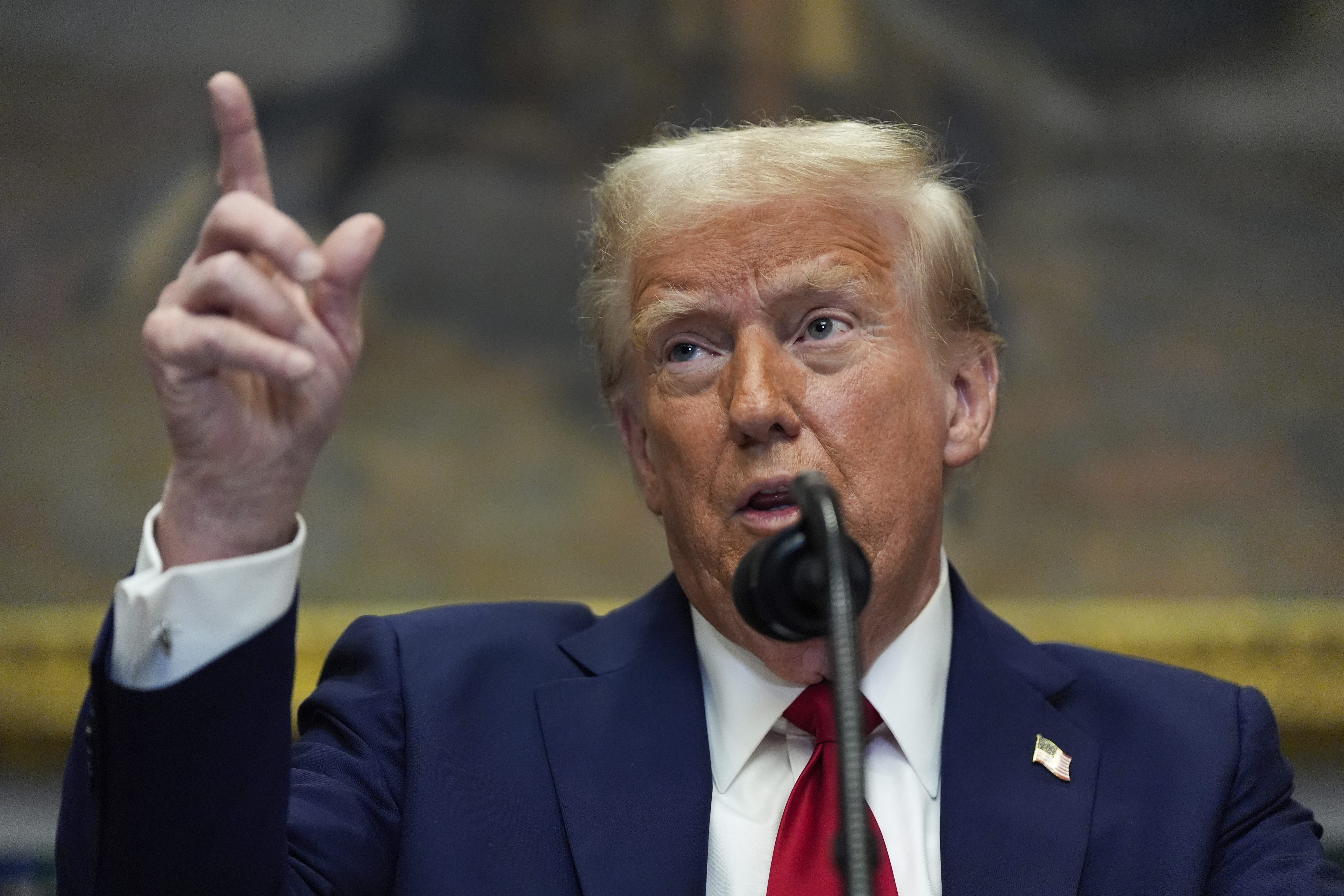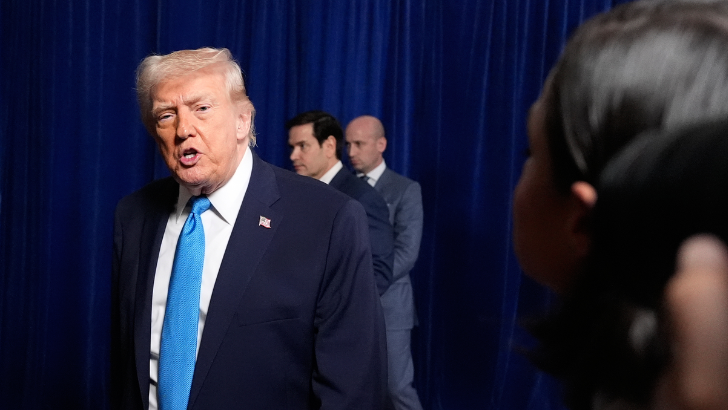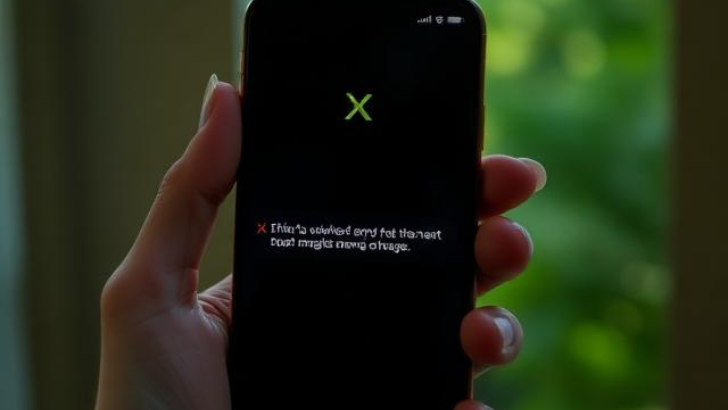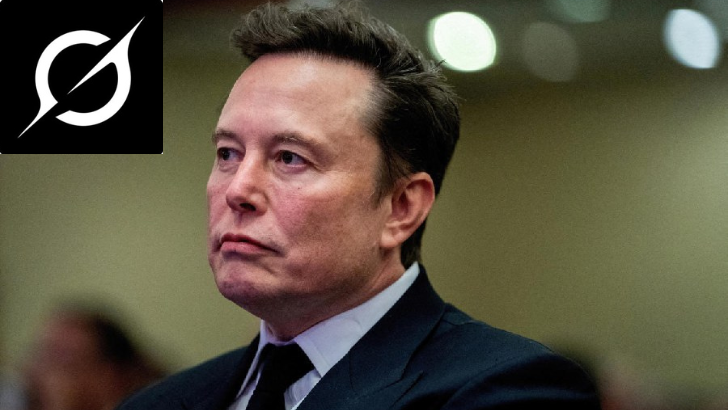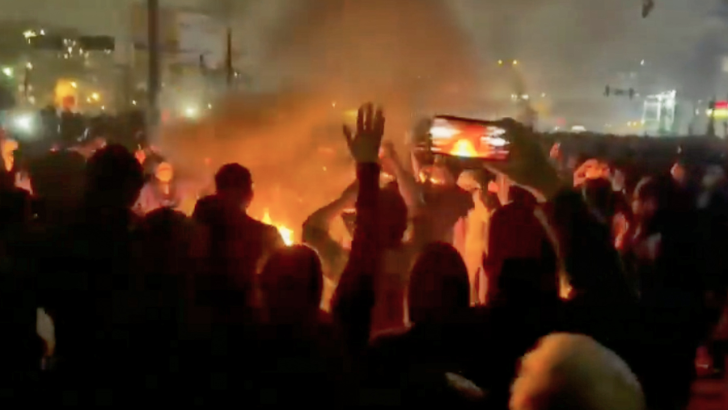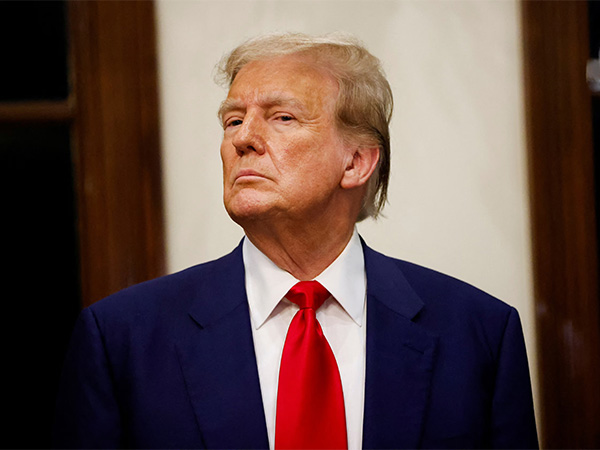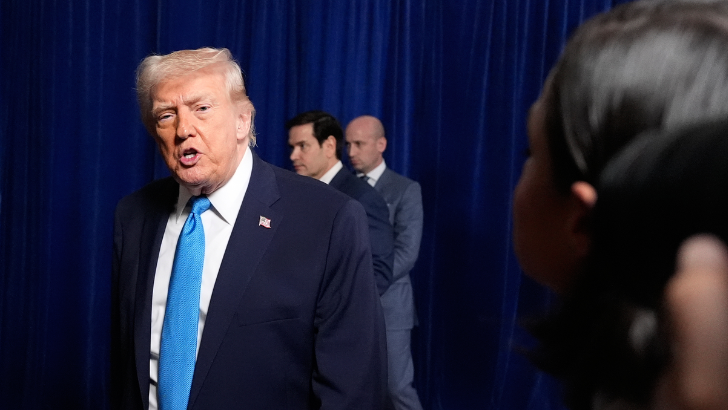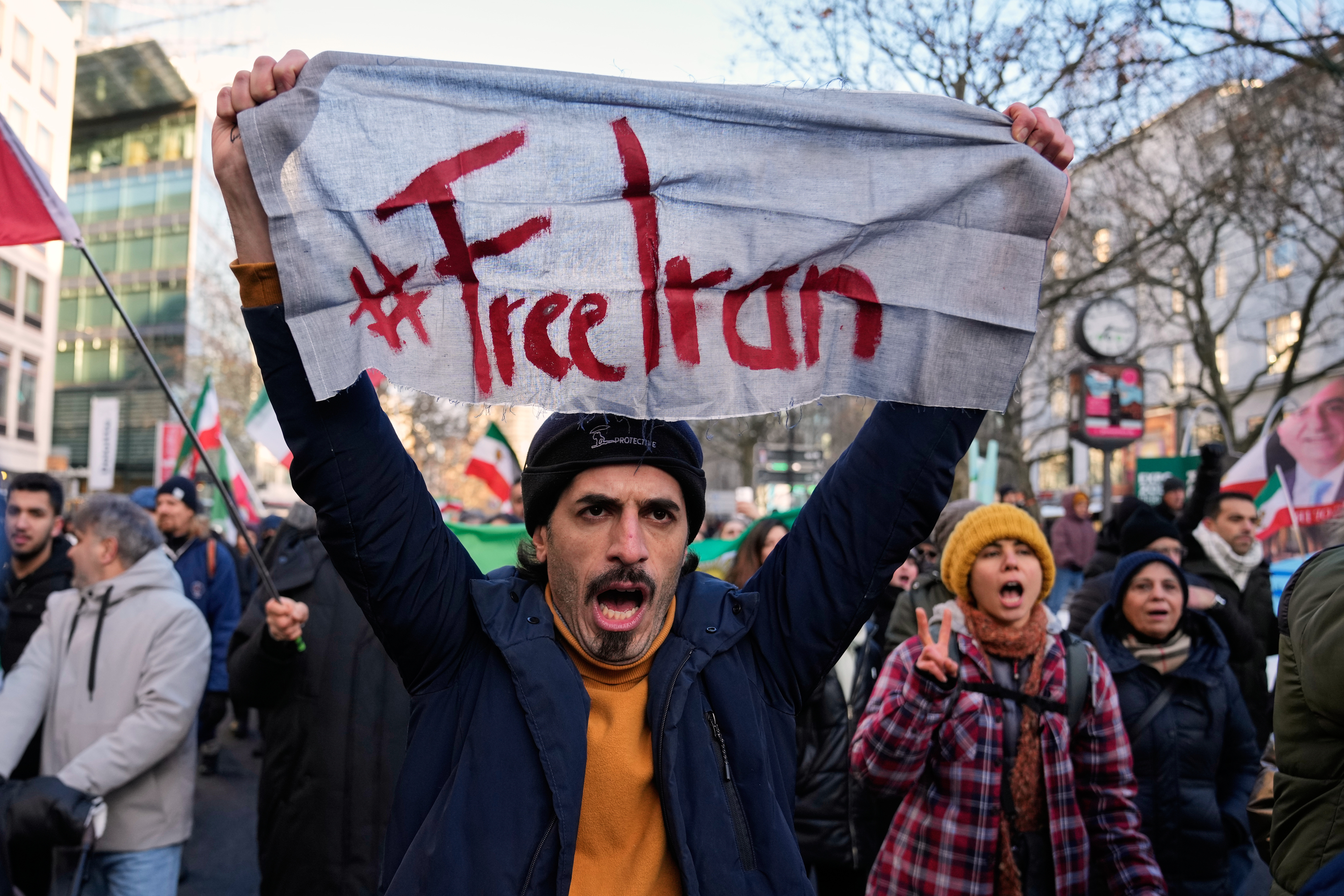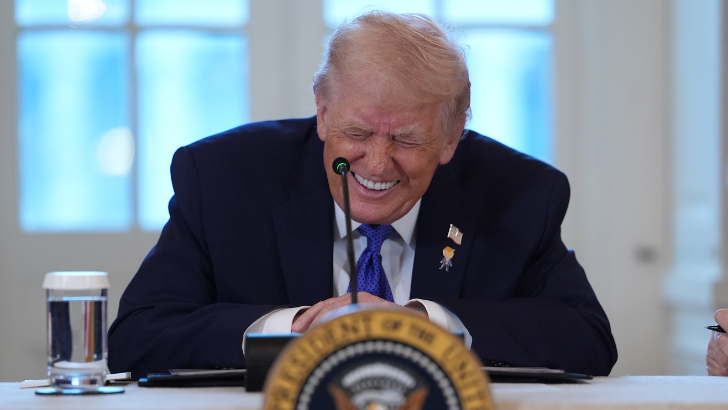Trump wants Jordan, Egypt to accept more refugees; floats plan to 'just clean out' Gaza
Trump has built his political career around being unapologetically pro-Israel. On his larger vision for Gaza, Trump said he had call earlier in the day with King Abdullah II of Jordan and would speak Sunday with President Abdel Fattah el-Sissi of Egypt.
PTI
-
President Donald Trump
ABOARD AIR FORCE ONE, 26 JAN
President Donald Trump said Saturday he'd like to see Jordan,
Egypt and other Arab nations increase the number of Palestinian refugees they
are accepting from the Gaza Strip — potentially moving out enough of the
population to “just clean out” the war-torn area to create a virtual clean
slate.
During
a 20-minute question-and-answer session with reporters aboard Air Force One on
Saturday, Trump also said he's ended his predecessor's hold on sending
2,000-pound bombs to Israel. That lifts a pressure point that had been meant to
reduce civilian casualties during Israel's war with Hamas in Gaza that is now
halted by a tenuous ceasefire.
“We
released them today," Trump said of the bombs. “They've been waiting for
them for a long time." Asked why he lifted the ban on those bombs, Trump
responded, “Because they bought them.”
Trump
has built his political career around being unapologetically pro-Israel. On his
larger vision for Gaza, Trump said he had call earlier in the day with King
Abdullah II of Jordan and would speak Sunday with President Abdel Fattah
el-Sissi of Egypt.
“I'd
like Egypt to take people,” Trump said. “You're talking about probably a
million and a half people, and we just clean out that whole thing and say, You
know, it's over.'”
Trump
said he complimented Jordan for having successfully accepted Palestinian
refugees and that he told the king, “I'd love for you to take on more, cause
I'm looking at the whole Gaza Strip right now, and it's a mess. It's a real
mess.”
Such
a drastic displacement of people would openly contradict Palestinian identity
and deep connection to Gaza. Still, Trump said the part of the world that
encompasses Gaza, has “had many, many conflicts” over centuries. He said
resettling “could be temporary or long term.”
“Something
has to happen," Trump said. “But it's literally a demolition site right
now. Almost everything's demolished, and people are dying there.” He added:
“So, I'd rather get involved with some of the Arab nations, and build housing
in a different location, where they can maybe live in peace for a change.”
There
was no immediate comment from Israeli Prime Minister Benjamin Netanyahu's
office.
Trump
has offered non-traditional views on the future of Gaza in the past. He
suggested after he was inaugurated on Monday that Gaza has “really got to be
rebuilt in a different way."
The
new president added then, ”Gaza is interesting. It's a phenomenal location, on
the sea. The best weather, you know, everything is good. It's like, some
beautiful things could be done with it, but it's very interesting."
His
resuming delivery of large bombs, meanwhile, is a break with then-President Joe
Biden, who halted their delivery in May as part of an effort to keep Israel
from launching an all-out assault on the southern Gaza city of Rafah. A month
later, Israel did take control of the city, but after the vast majority of the
1 million civilians that had been living or sheltering in Rafah had fled.
“Civilians
have been killed in Gaza as a consequence of those bombs and other ways in
which they go after population centers,” Biden told CNN in May when he held up
the weapons. “I made it clear that if they go into Rafah ... I'm not supplying
the weapons that have been used historically to deal with Rafah, to deal with
the cities, that deal with that problem.”
The
Biden pause had also held up 1,700 500-pound bombs that had been packaged in
the same shipment to Israel, but weeks later those bombs were delivered.
Trump's
action comes as he has celebrated the first phase of a ceasefire between Hamas
and Israel that has paused the fighting and seen the release of some hostages
held by Hamas in Gaza in return for hundreds of Palestinian prisoners held by
Israel. Negotiations have yet to begin in earnest on the more difficult second
phase of the deal that would eventually see the release of all hostages held by
Hamas and an enduring halt to the fighting.
The Israeli government has threatened to resume its war against Hamas — which launched a massive assault against Israel on 7 October 2023 — if the remaining hostages are not released.
Leave a Reply
Your email address will not be published. Required fields are marked *








